‘Small things mean a huge thing’: Meet the NSW Local Hero fighting homelessness with wraparound love
Posted on 10 Dec 2025
A long-time advocate for rough sleepers in northern New South Wales has been named her state’s…
Posted on 15 Oct 2024
By Greg Thom, journalist, Institute of Community Directors Australia

The Antipoverty Centre’s Kristin O’Connell has first-hand experience of living in economic disadvantage. Now she is on a mission to change how others talk about and respond to poverty and unemployment.
I grew up on the outskirts of Magan-djin Brisbane and my mum was a single parent on Centrelink payments with three kids.
I’ve spent my adult life being on and off Centrelink payments at different times. I'm one of those "scary intergenerational welfare dependents" who everyone seems to think are such a drain on society.
I've done some shitty jobs, and I've been very lucky to do some very good jobs, working in fast food, a nursery, reporting human rights violations in Cambodia and many things in between.
I always struggled with keeping a job. In 2018 someone finally recognised there might be something deeper going on, and I now know I have bipolar and autism.
Learning about my disabilities has been transformative and has given me enough stability to be able to contribute to the community in unpaid and sporadic paid work, primarily through supporting and advocating for other welfare recipients.
At the beginning of 2020, I’d finally gotten through the distressing, exhausting yearlong process of applying for the Disability Support Pension (DSP) and NDIS.
I’d seen the Australian Unemployed Workers’ Union and felt what they were doing was incredibly important, given my experiences with the cruelty of living on Centrelink payments and “mutual” obligations.
I began to have some energy, and wanted to support others through the DSP process so I contacted the (AUWU) to see if I could help.
Shortly after Covid hit and the public discussion of welfare policy, government action and the AUWU’s work changed dramatically. I got involved in helping with the Union's public advocacy and policy work.
I was very lucky to be surrounded by people who helped me learn these things on the job.
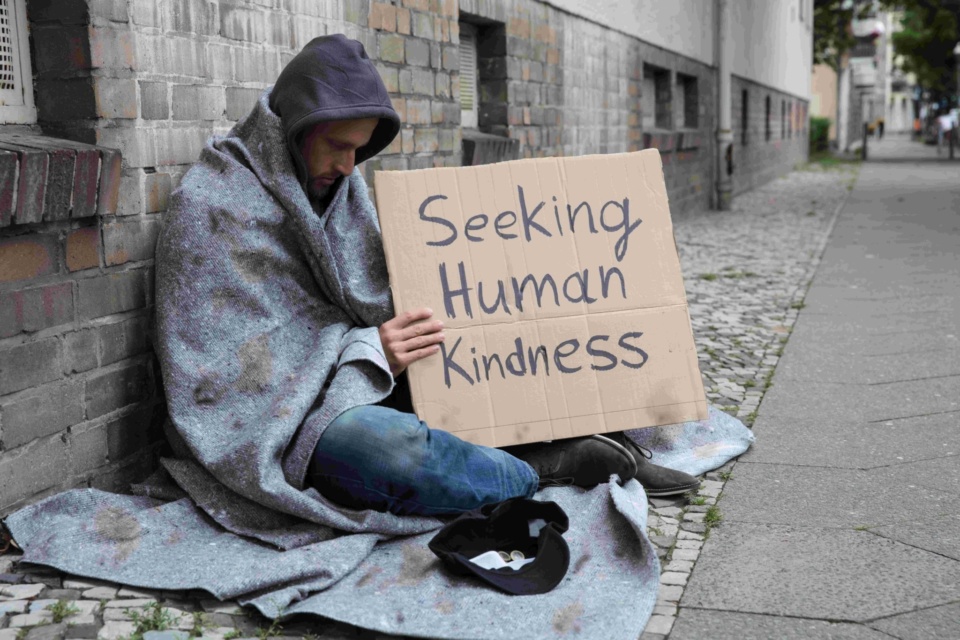
"It is our mission to shift how people speak about and respond to poverty and unemployment. Our goal is to help ensure the voices and rights of people on the lowest incomes are at the centre of social policy development and discourse."
The Antipoverty Centre (AC) is a collective run by and for welfare recipients.
At the AUWU, my colleague Jay Coonan and I became increasingly frustrated with the refusal of paid advocates who had no experience of poverty speaking over us and deciding what was best for welfare recipients.
So, we established AC to counter problems with academics, think tanks, charities, bureaucrats, and others in the political class making harmful decisions on behalf of people they purport to represent.
We are activists, advocates, and researchers with direct, contemporary experience of poverty and unemployment. We have deep expertise in poverty because we live it.
It is our mission to shift how people speak about and respond to poverty and unemployment. Our goal is to help ensure the voices and rights of people on the lowest incomes are at the centre of social policy development and discourse.
We believe there should be no decision made about us, without us.
The longer you rely on the welfare system, the more obvious it becomes that members of the political class, consciously or unconsciously, have a deep hatred of unemployed people.
We present a public policy problem for them because the neoliberal economic system they support requires that 4–5% of people be unemployed, but they resent the “burden” we create on the budget and do not recognise the extraordinary amount of valuable care and other forms of work performed by us.
Politicians from both sides have invented and perpetuated the dole bludger myth to justify the cruelty of their policies, which are designed to make us desperate to avoid the social safety net if we possibly can.
The poverty machine includes the politicians who determine policies, the media who stigmatise us and the charities who do the government’s dirty work for it, which is the only way they are able to maintain the system of cruelty. Ultimately poverty is a political choice, not something natural or inevitable.
The welfare system is killing people. It’s suicide, bad health, and vulnerability to climate disaster, but it’s also so much more than that.
And death shouldn’t be threshold for the level of harm that’s considered unacceptable. To quote Tom Studans in our Punishment for Profit report, “Welfare policy isn’t rocket science and we should stop treating it that way”.
So many problems people face are caused and exacerbated by poverty, whether it’s incarceration, disability, mental ill health, family violence of homelessness.
The government could drastically alleviate these problems overnight, just as they did in 2020, by increasing all Centrelink payments above the poverty line, abolishing “mutual” obligations and directly investing in public homes.
Posted on 10 Dec 2025
A long-time advocate for rough sleepers in northern New South Wales has been named her state’s…
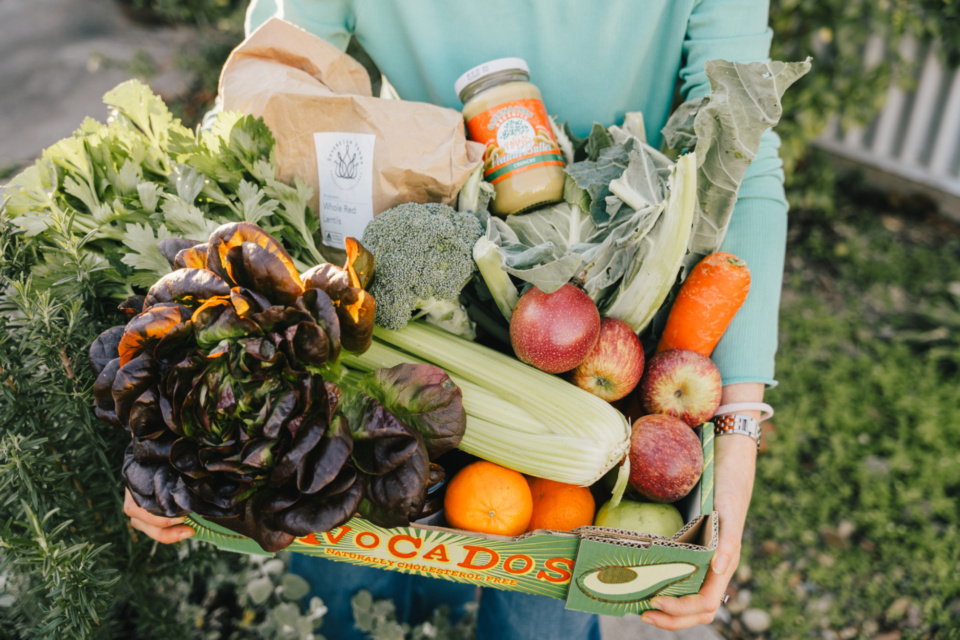
Posted on 03 Dec 2025
Emma-Kate Rose is the co-CEO of Food Connect Foundation, working with communities to support the…
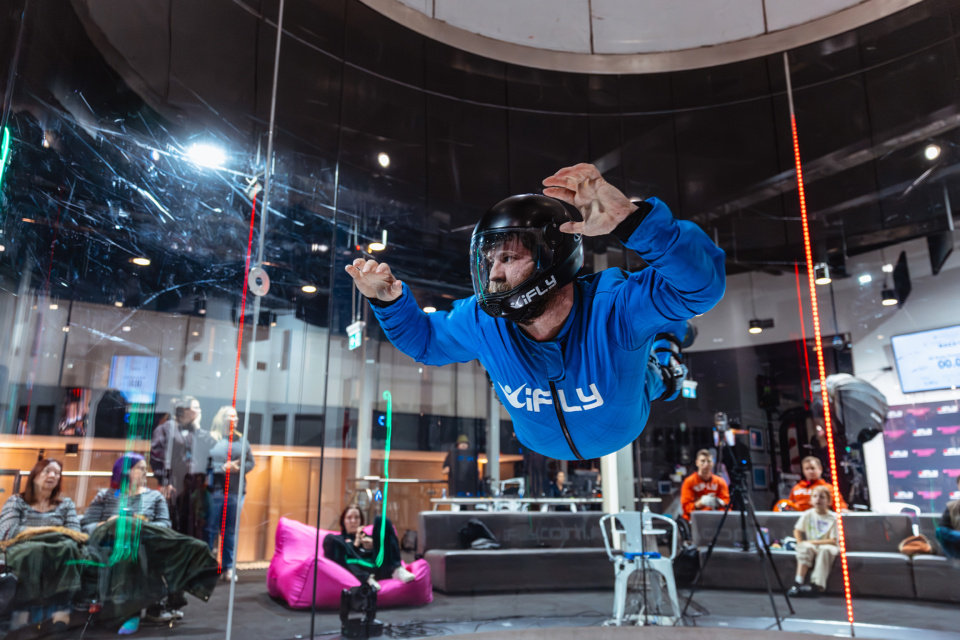
Posted on 26 Nov 2025
Next Wednesday, December 3, All Abilities ambassador Greg Pinson will be celebrating the…
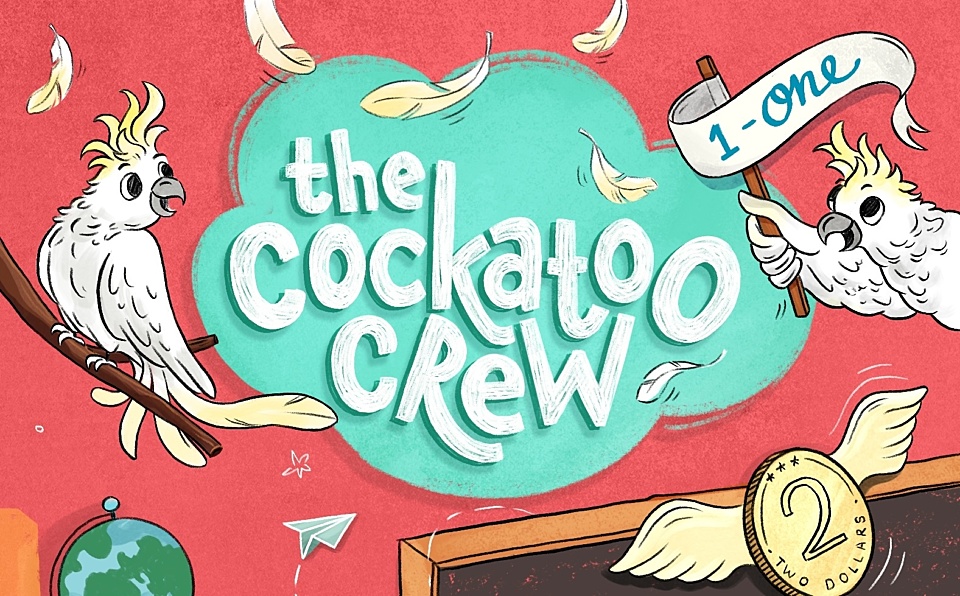
Posted on 19 Nov 2025
Lora Inak is the author of the Cockatoo Crew books, a new children’s fiction series (illustrated by…
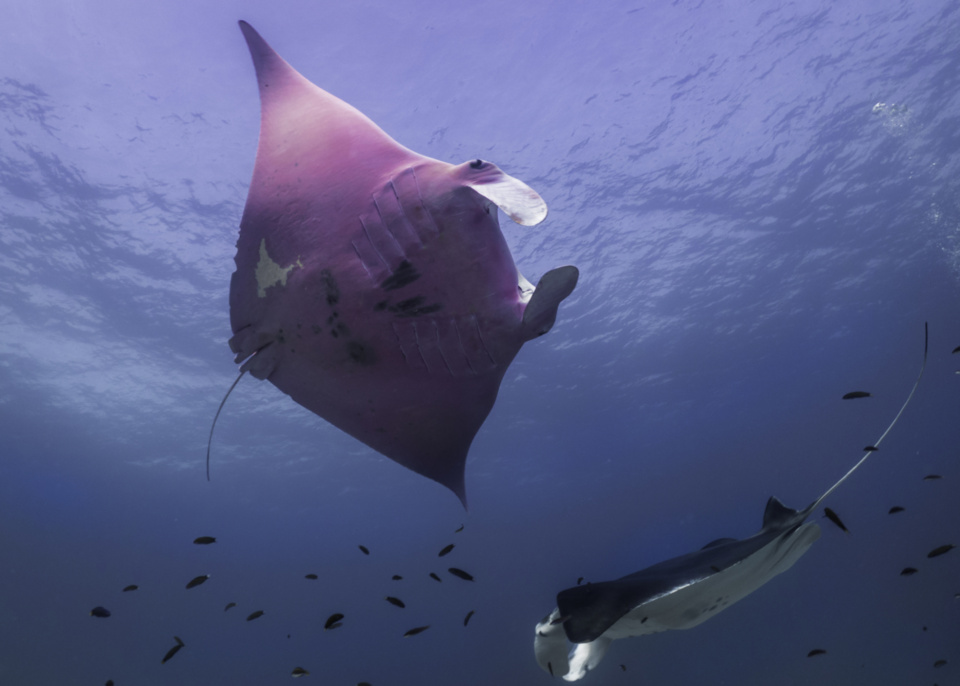
Posted on 11 Nov 2025
Project Manta, a long-running scientific study that includes a citizen scientist component, is…
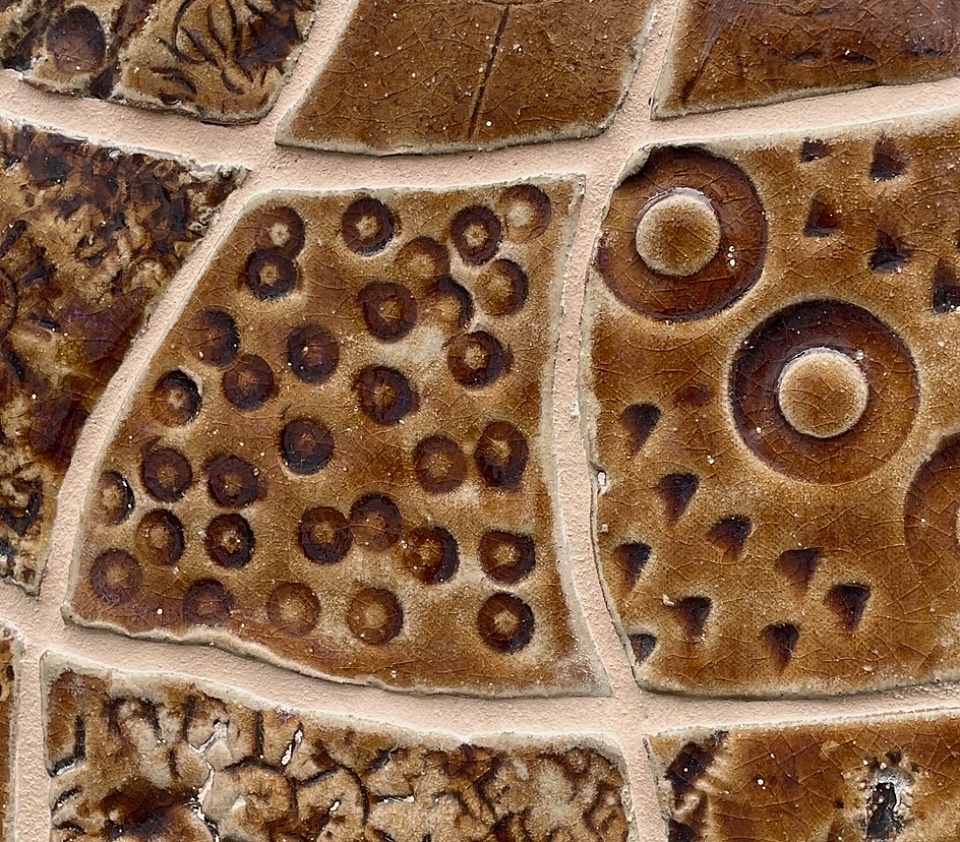
Posted on 04 Nov 2025
Diamando Koutsellis is the CEO of the not-for-profit Australian Ceramics Association, as well as a…
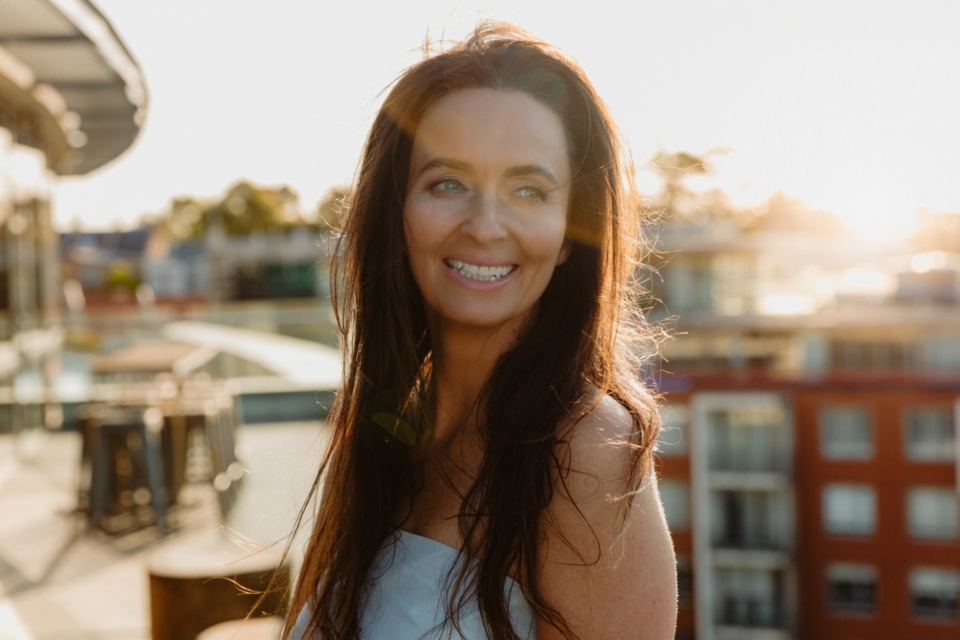
Posted on 28 Oct 2025
Mandy Richards is the founder and CEO of Global Sisters, a charity reinventing employment,…
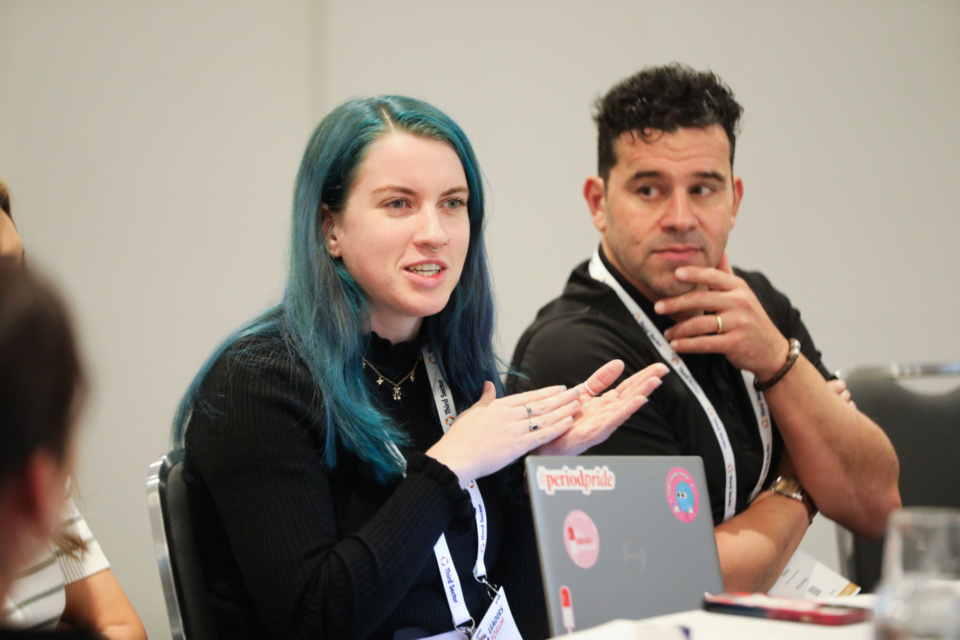
Posted on 22 Oct 2025
Brittiny Edwards is an advocacy and communications specialist for Share the Dignity, a charity that…

Posted on 15 Oct 2025
Starting at noon on Friday, at Brisbane’s Golf Central practice range, next to the airport, Mick…
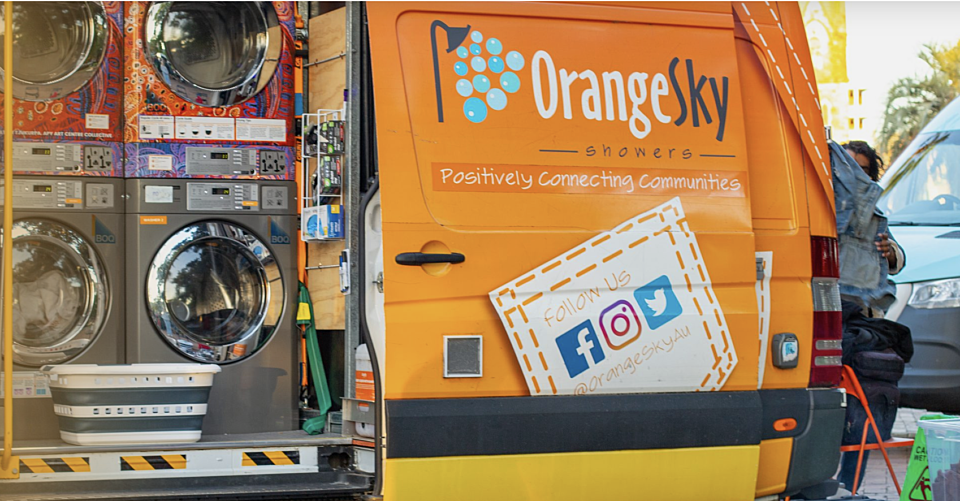
Posted on 07 Oct 2025
Friday is National Homelessness Day, highlighting the needs of those sleeping rough or without a…
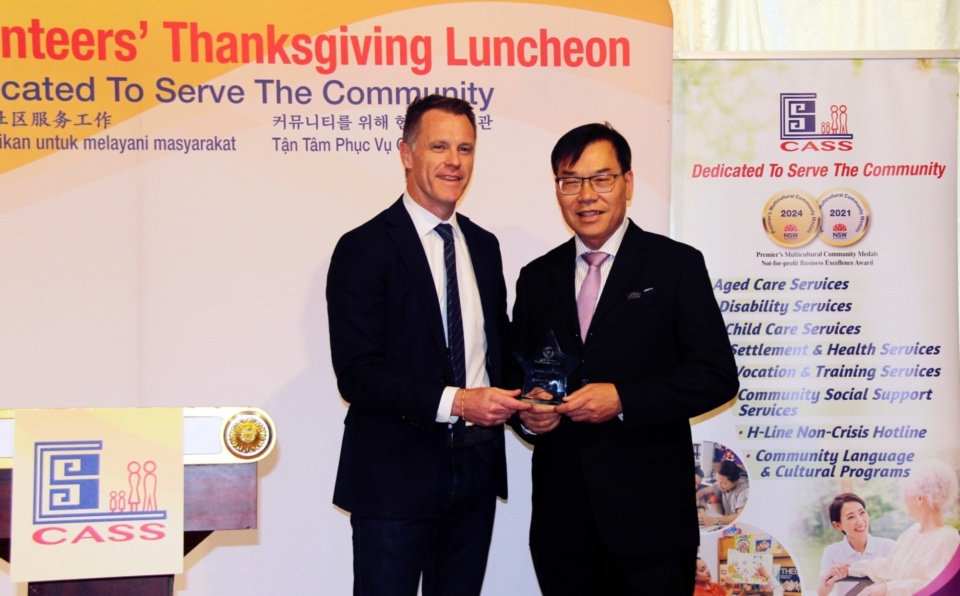
Posted on 30 Sep 2025
Professor Stephen Li, the chair of CASS, was named Volunteer of the Year at the recent Third Sector…

Posted on 24 Sep 2025
International hotel chains play a surprisingly large role in thwarting human trafficking and child…